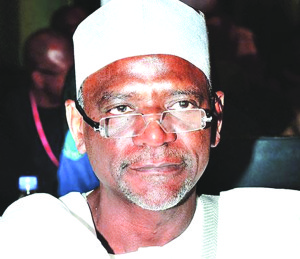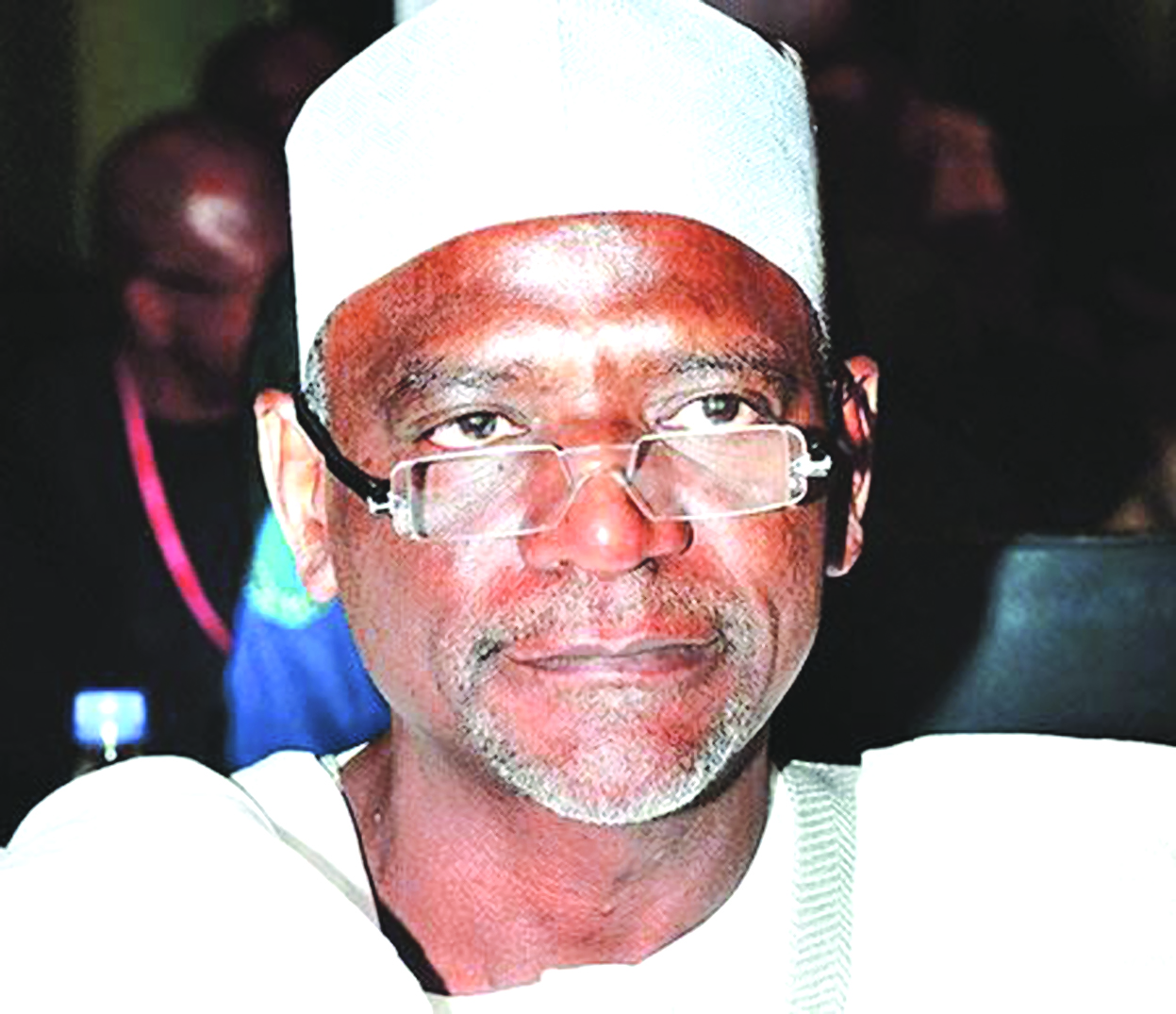
The poor rating of Nigerian ivory towers in the 2015/2016 global universities ranking is a source of worry to educationists who believe that it would impact negatively on the country’s aspiration of becoming one of the world’s 20 leading economies
By Abubakar Thayyab
Nigeria’s aspiration of emerging among the world’s 20 leading economies would remain a mirage without corresponding progress in education and human capital development. The performance of Nigerian universities in the 2015/2016 global universities ranking is an indication that the country’s ivory towers are still lagging behind their counterparts in Africa and beyond in terms of qualitative education.
According to the Times Higher Education World Ranking for 2015/2016 released recently, only the University of Ibadan (UI) made it among the top 800 universities in the world. University of Ibadan, one of the oldest universities in Nigeria, was rated 601 among the world’s best universities, but ranked 200 lower than the Makerere University of Uganda, which occupied the 401 position on the global log.
Three Egyptian universities: the Alexandria University, Cairo University and Suez Canal University shared the same ranking (601) with Nigeria’s UI, which analysts see as a remarkable feat of its own for the North African country which has endured political turmoil since the Arab Spring of 2011.
University of Cape Town, which is the highest ranked university in Africa, clinched the 120th position in the global ranking while five other South African universities also made the top 602 in the world university ranking. According to the ranking, University of Wet water and was ranked 201; the Stellenbosch University and University of Kwazulu-Natal occupied the 301st and 401st positions while the University of Pretoria and University of South Africa were ranked 501 and 601 respectively.
Similarly, no Nigerian university made it to the top 20 on the 2015 African university ranking even as a university from Burkina Faso made the elitist list. The ranking done by 4ICU, an international higher education search engine and directory reviewing accredited Universities and Colleges in the world, was an indicator of the depth of Nigerian educational standard.
The first five universities in the list are from South Africa, with total of 10 South African universities in the top 20 ranking. Although in the 2014 ranking, one Nigerian University made the first 20 list, University of Ibadan, the first Nigerian university in the 2015 edition was at 28th position, followed by the University of Lagos at number 31. Privately owned Covenant University was the 3rd Nigerian university in the list at 49th position.
The 2015 annual ranking of the Nigerian universities conducted by the National Universities Commission (NUC) also named the University of Ibadan as the topmost tertiary institution with the Covenant University rated the best private university and 13th in the country.
The poor ranking of Nigerian universities is coming at a time when many wealthy Nigerians are spending millions of dollars abroad to enable their children acquire formal education, in obvious attestation that the tertiary education in the country was not good enough.
The low ranking of the Nigerian universities in the recent times orchestrated by free fall in the academic performance across the nation’s ivory towers remains a major worry for most stakeholders. President Muhammadu Buhari recently expressed worry over the low ranking of the country’s universities at the international level during the Abubakar Tafawa Balewa University’s convocation ceremony. Speaking through Professor Julius Okojie, Executive Secretary, National Universities Commission (NUC), President Buhari said “it is worrisome that no Nigerian university is quoted among the top 100 universities in the world; we rank below a thousand, if we do not aspire to be among the world-class universities, we cannot boast of robust system capable of making the country among the top economies of the world.”
He said it is regrettable that Nigeria has abundance of talents who excel elsewhere but appear incapacitated at home. “This is unacceptable. Whatever makes our abundant talents fail at home and excel abroad must be identified and neutralised for our benefit and that of our future generation,” he said. He blamed the incessant strikes by teachers as major bottlenecks to progress in the country’s university system.
Professor Oyewusi Ibidapo-Obe, the vice chancellor of Federal University of Ndufu-Alike Ikwo, in Ebonyi State and former vice chancellor University of Lagos, also expressed worry over the development, but blamed it on the lecturers who fail to showcase their academic breakthroughs. “The low ranking of Nigerian universities is not because we don’t have the ability to really be up in that ranking but because we are careless about everything we do in the country. If all the teachers and lecturers upload their findings, their Curriculum Vitae, their innovations into the web, of course, we will be highly ranked,” Professor Ibidapo-Obe said.
Binta Masi, a senator representing Adamawa North and chairman of Senate Committee on Tertiary Institution and Tertiary Trust Fund (TETFund) lamented that Nigerians spend over $2 billion annually to fund their children’s education abroad while the quality of education in the country continues to nose-dive. He, however, declared that the Senate is ready to pay special attention to various initiatives, especially using the Nigeria Research and Education Network (NREN) to restore the glory of the educational sector.


